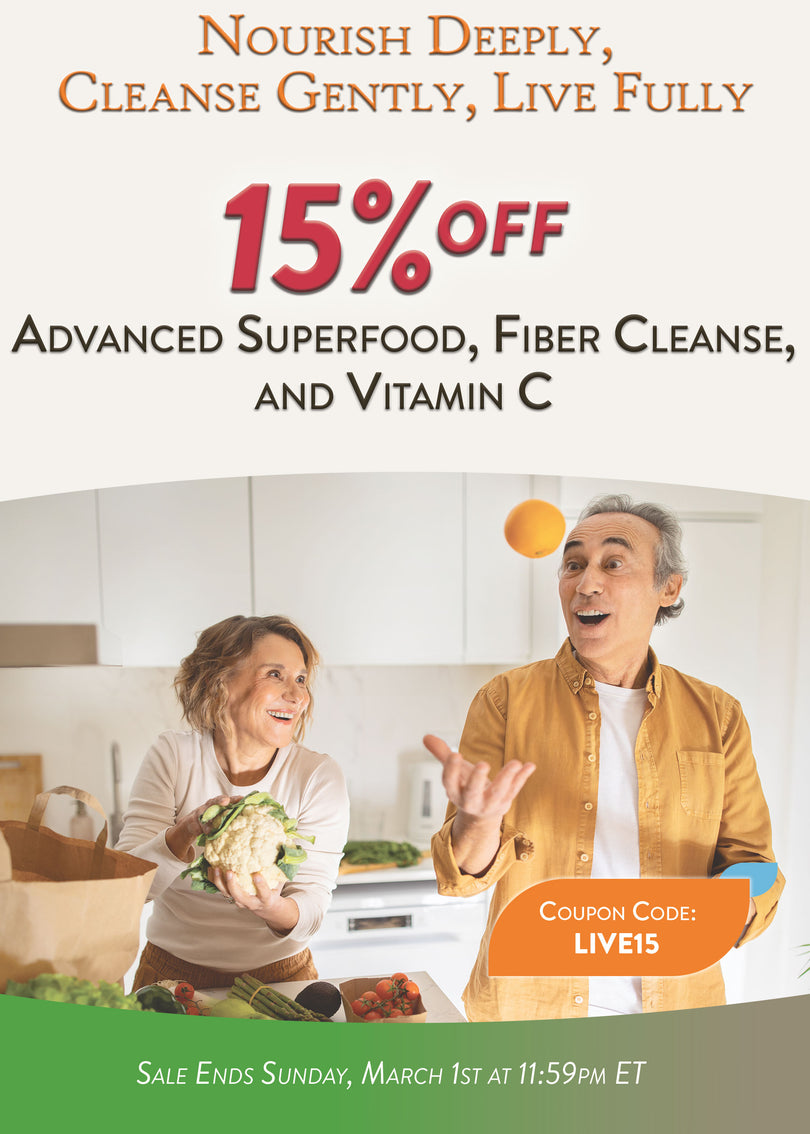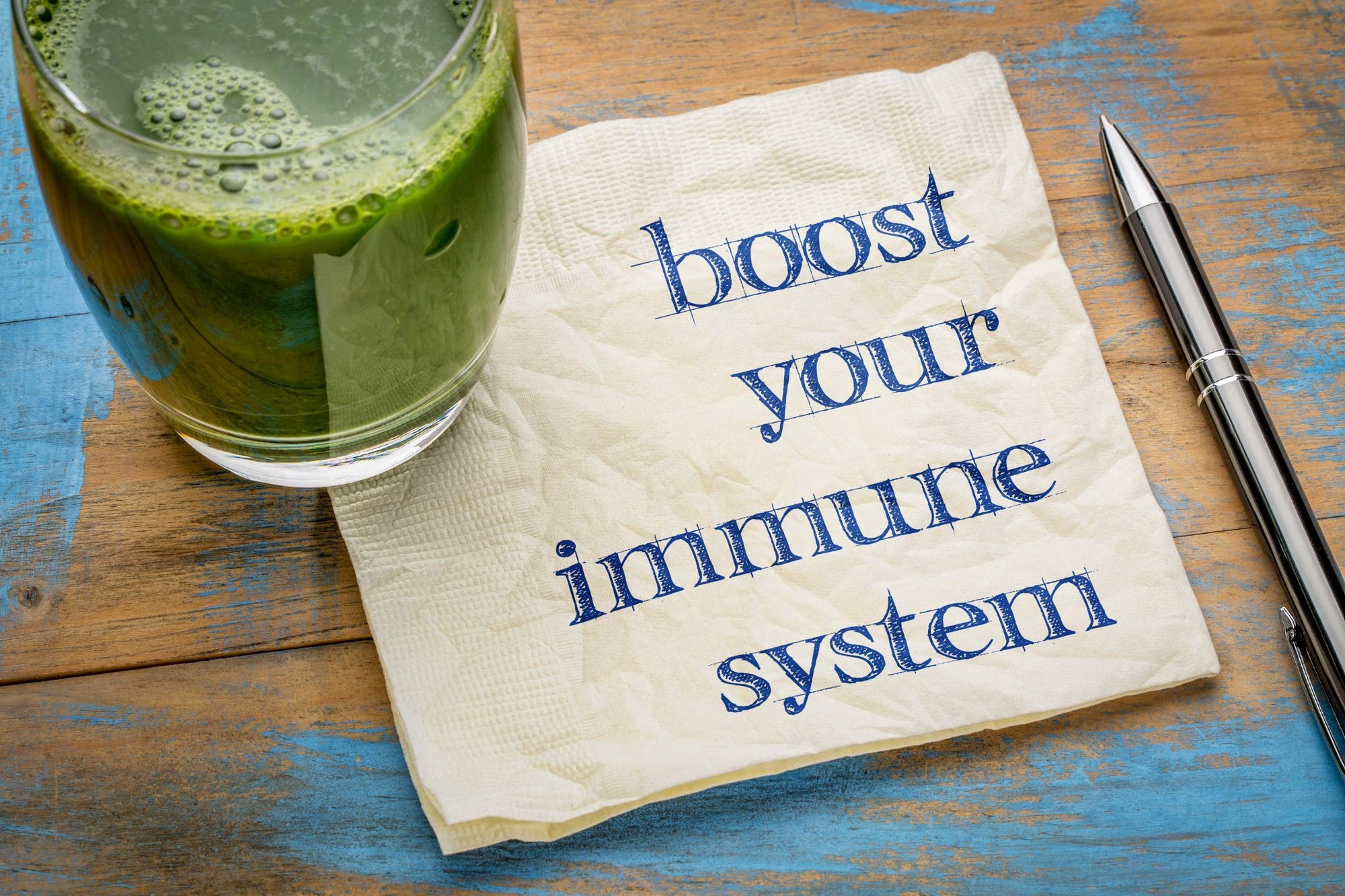Get to know the key nutrients for eye health.
Why do we associate carrots with good eyesight? One connection originated from World War II-era stories about the prowess of the Royal Air Force in downing German bombers at night due to their carrot-enhanced night vision. While the stories may have been exaggerated, they did get people to eat their carrots when meat rations were scarce.
As with many myths, however, there is a kernel of truth to the tale. The powerful, eye-friendly antioxidant beta carotene was first discovered in—and named after—the carrot in the early 19th century. Today we know that carrots are one of many fruits and vegetables that provide “carotenoids” and other nutrients that are essential for eye health.
What are the best plant-based nutrients for eye health?
In addition to supporting overall eye health, a good diet rich in key nutrients like vitamins A, C and E, zinc and omega-3 fatty acids has been shown to reduce the risk of eye disorders that include cataracts and Age-related Macular Degeneration (AMD).
Macular degeneration is a common eye disease that is a leading cause of vision loss in older adults. Aging can cause damage to the light sensitive cells in the center of the retina known as the “macula.” When this happens, it can become difficult to clearly see objects directly in front of us, making it more difficult to do things like read, drive, see faces and use tools.
The condition affects about 11 million people in the United States, while more than twice as many develop cataracts, which develop as the proteins in the eye’s lens break down and make one’s vision cloudy and blurry.
It is believed that of all the organs, the eyes benefit the most from an abundance of antioxidants. Such a complex and sensitive collection of specialized cells requires maximum defense against the harmful oxidative effects of free radicals, which is why this is a common theme among almost all of the nutrients discussed below.
Vitamin A
Vitamin A is so important to our vision that significant deficiency is the leading cause of preventable blindness worldwide, which is closely associated with poor nutrition.
Vitamin A is beneficial to the outer surface of the eye, including the cornea, and is also a building block of a key retinal photoreceptor that helps us see at night.
This is where carotenoids become so important for vegans. Vitamin A is only found in animal-derived foods like egg yolks and other dairy products. However, some fruits and vegetables such as kale, spinach and carrots offer an abundance of beta-carotene, which the body can convert into vitamin A.
Some of the best plant-based sources for beta-carotene and vitamin A are yellow, orange, and green fruits and vegetables, including spinach, peppers, broccoli, carrots, sweet potatoes, cantaloupe, and winter squash.
Vitamin C
With its important role in supporting blood vessels in the eyes, vitamin C is yet another antioxidant that is essential to our sight. In fact, the fluid with the highest concentration of vitamin C in the body is in the aqueous humor, which nourishes and hydrates the lens and cornea.
A diet that includes citrus fruits, bell peppers, kale and broccoli will provide a good amount of vitamin C to protect and promote eye health, especially by slowing the progression of cataracts and macular degeneration.
Vitamin E
Found in sunflower seeds, almonds, spinach, asparagus and flaxseed oil, vitamin E provides similar benefits to vitamin C. Some studies suggest that the two work even better together in hindering the development of cataracts. Vitamin E also protects the retina’s fatty acids from oxidation.
Lutein and zeaxanthin
This powerful pair of antioxidants are known as ‘macular pigments’ that give foods their yellow color and protect the inner eye from dangerous blue light and ultraviolet rays. They are part of a category called xanthophyll carotenoids, which help neutralize oxidative damage to the eye and are typically found in foods like spinach, swiss chard, kale, parsley, pistachios, green peas, summer squash, pumpkin, avocado and corn.
Studies have found that people who eat a lot of leafy greens that contain lutein and zeaxanthin have a lower occurrence of macular degeneration or cataracts.
Studies indicate a large intake of these substances protects against late-stage macular degeneration in middle aged and older adults.
Omega-3 fatty acids
Although not considered an effective treatment for AMD, long-chain omega-3 fatty acids can promote eye health in different ways. DHA and EPA are two forms of omega-3 that not only play a major role in visual development in infants, but have also shown promise in eye health research. Omega-3s are considered effective in treating dry eyes and reducing the risk of diabetic retinopathy, a complication of diabetes type 1 and 2 that can lead to blindness.
Vegans and vegetarians typically need to take supplements to get a useful amount of omega-3 since the best food source is oily fish.
Zinc
This mineral occurs naturally in the eye and helps to protect the retina from free radicals and may delay AMD progression. Zinc deficiency also has been linked to AMD progression and worsening night vision.
Zinc is usually found in shellfish and red meat, but vegans can get it from nuts, seeds, and legumes.
It’s worth noting that beta-carotene is not a heat-sensitive nutrient and that a little cooking actually makes it more accessible to our digestive system by softening the walls of the plant cells. Although Hallelujah Diet advocates about 85% raw foods, 15% cooked is strongly encouraged.
Try our Total Eye Health supplement to get the best alpha and beta carotenes and more to give your eyes what they need to see their best.







1 comment
james fressel
good stuff
good stuff